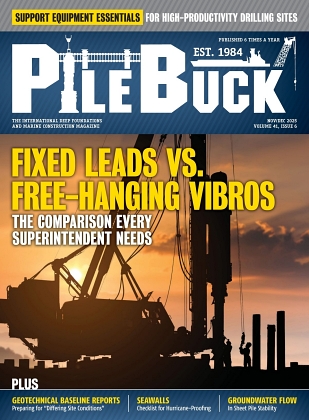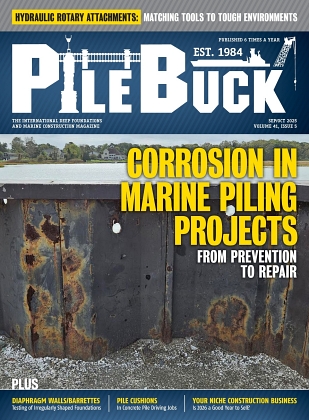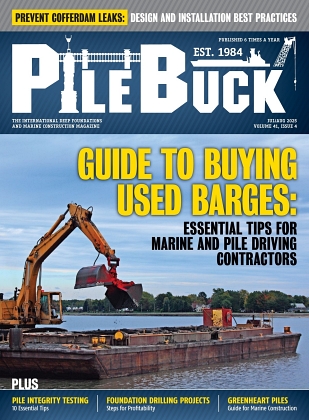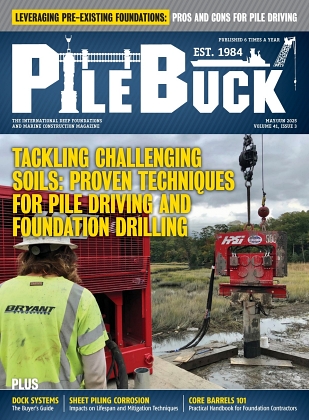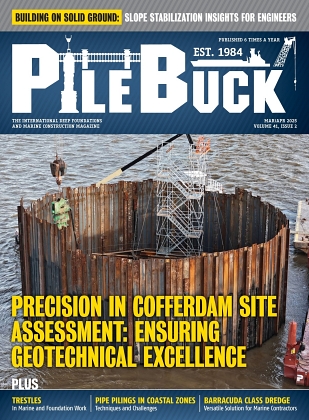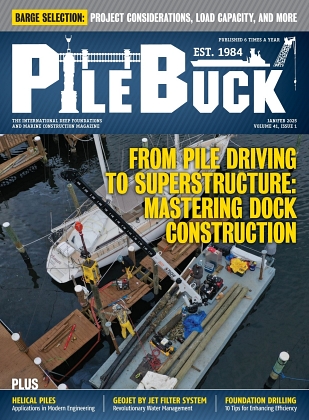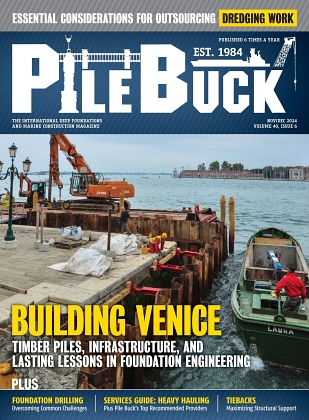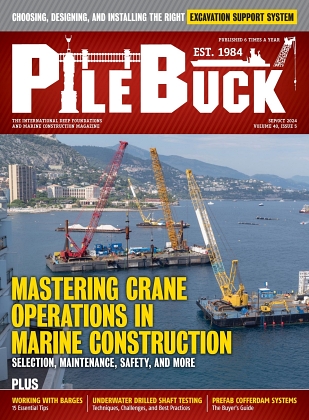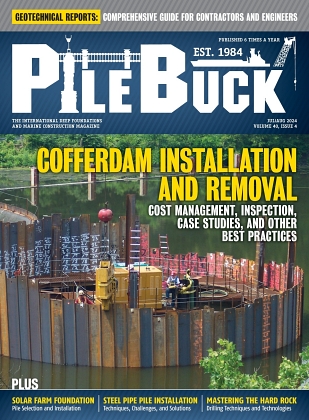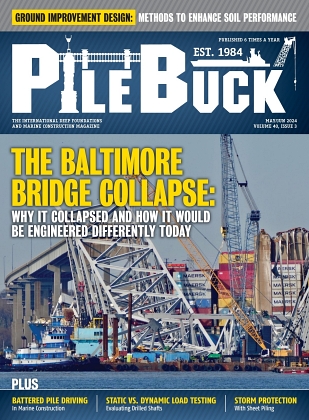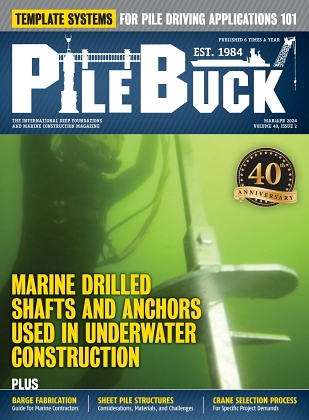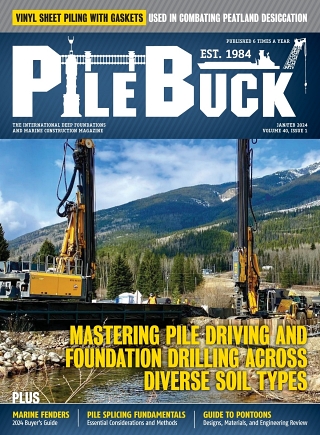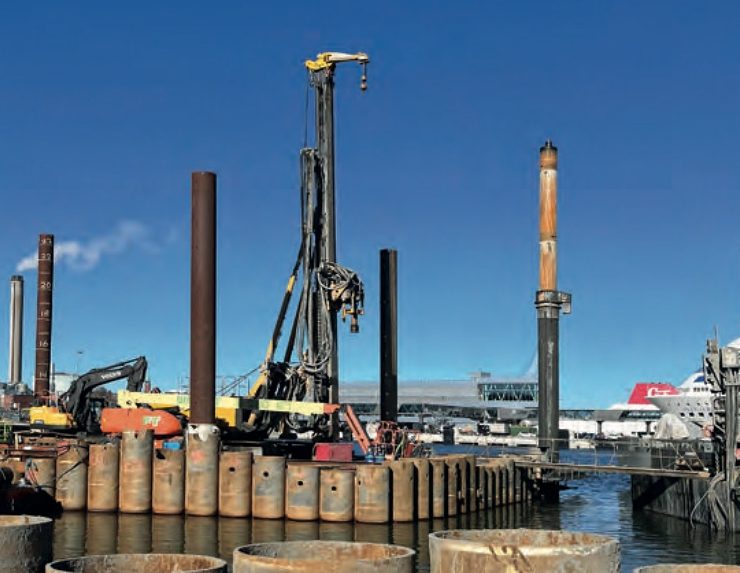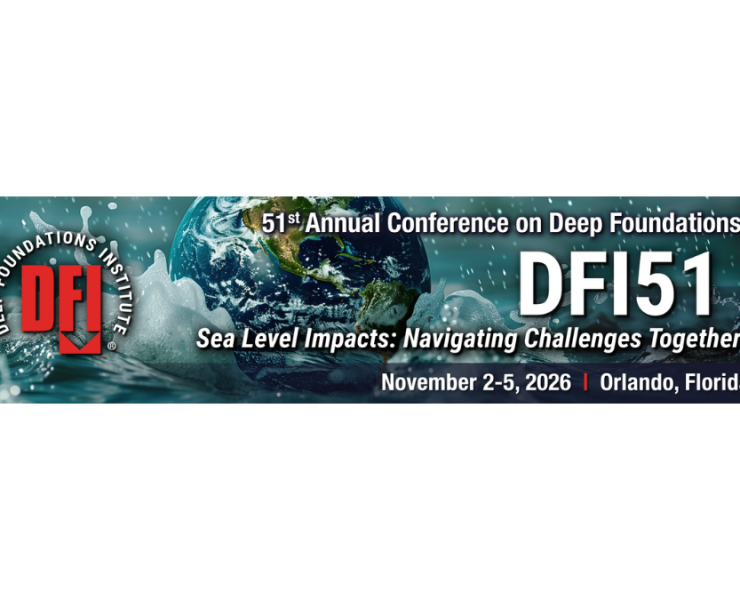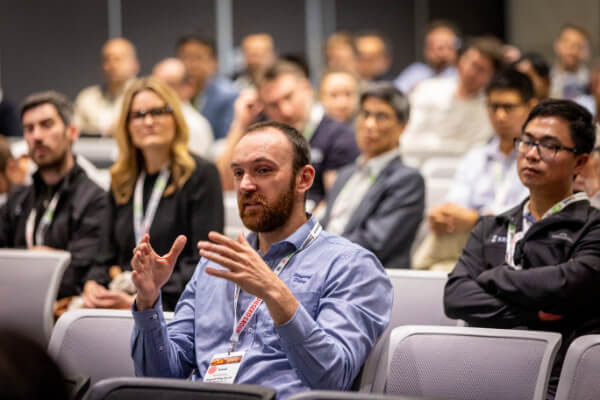Electric & Hybrid Marine Awards Winners Announced
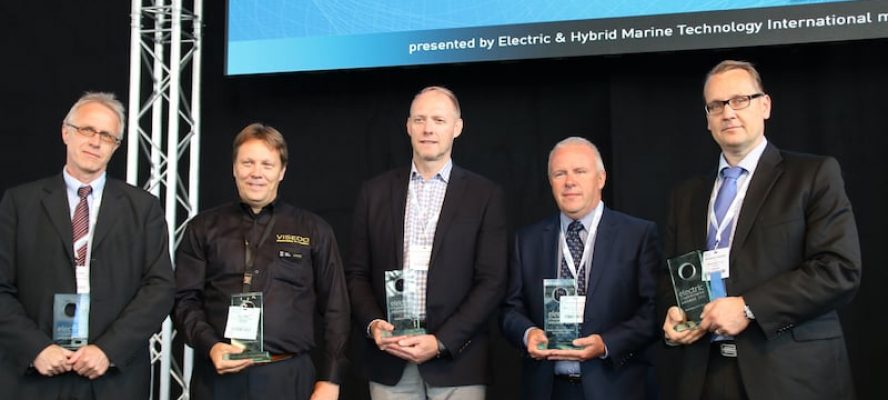
- Awards ceremony returns for a third consecutive year, honouring the world’s finest engineers, innovations and products in the electric and hybrid marine arena
- Wärtsilä ends ABB’s two-year dominance as Propulsion System Manufacturer of the Year, while Corvus Energy scoops two on the bounce for Supplier of the Year
- Awards presented live at Electric & Hybrid Marine World Expo, Amsterdam RAI, Thursday 23 June
 The winners of the third annual Electric & Hybrid Marine Awards were announced yesterday (23 June) at a ceremony hosted at Electric & Hybrid Marine World Expo in Amsterdam, the Netherlands. Launched in 2014, the Electric & Hybrid Marine Awards champion the best in technology and innovation in the electric and hybrid marine sector, and are supported by associated publication Electric & Hybrid Marine Technology International.
The winners of the third annual Electric & Hybrid Marine Awards were announced yesterday (23 June) at a ceremony hosted at Electric & Hybrid Marine World Expo in Amsterdam, the Netherlands. Launched in 2014, the Electric & Hybrid Marine Awards champion the best in technology and innovation in the electric and hybrid marine sector, and are supported by associated publication Electric & Hybrid Marine Technology International.
An international jury of 42 maritime journalists, marine industry experts and academics from 20 countries decided the winners in each of the five categories: Supplier of the Year, Innovation of the Year, Chief Engineer of the Year, Propulsion System Manufacturer of the Year and Electric & Hybrid Propulsion System of the Year.
Beating off fierce competition from Feadship, Damen, Østensjø Rederi and the US Navy, Caledonian Maritime Assets won the coveted Electric & Hybrid Propulsion System of the Year award for a second time in three years, for its MV Catriona hybrid ro-ro passenger and vehicle ferry. Launched in December 2015, the US$17.7m diesel-electric vessel is able to carry 150 passengers and 23 cars, and performs 10 return crossings a day.
Two Saft Seanergy systems are at the heart of its diesel-electric hybrid propulsion system, providing a total of 800kWh of energy storage that powers the vessel in battery mode only and in hybrid mode in combination with a diesel generator. As a result, MV Catriona saves up to 30% in fuel compensation and CO2emissions, using just 500-600 litres of fuel a day instead of 700-800 litres of fuel as used by conventional diesel-electric propulsion systems.
In the Innovation of the Year category, Norsepower’s Rotor Sail solution clinched victory, with the judges impressed by its spinning cylinders that allow the main engines to be throttled back, saving fuel and reducing emissions while providing enough power to maintain speed and voyage time. It beat off fierce competition in the form of ABB’s Dynamic AC Electric power system, Akasol’s AKARack scalable lithium-ion energy storage solution, the Cell-Cool and Thermal-Stop energy management system by PBES, the Aziprop electric pod motor by Fischer Panda and the variable-speed genset by Hybrid Power Systems.
In the Propulsion System Manufacturer of the Year category, Wärtsilä ended ABB’s two-year dominance by clinching the award for its sublime year, which saw a tie-up with Cavotec to jointly develop the world’s first combined induction charging and automotive mooring concept, the creation of a concept for a series of zero- and low-emissions hybrid shuttle ferries; and the supply of a complete electrical propulsion system to the Seabourn Encore and Seabourn Ovation cruise vessels. The category also saw nominations for ABB, Visedo Marine, Torqeedo, GE Power Conversion, Transfluid and Fischer Panda.
The Chief Engineer of the Year award went to Pieter Dijkstra, managing director of Visedo Marine, for spearheading the development, delivery and installation of the full drivetrain solution for the E-ferry project. The E-ferry has the largest battery capacity of any ferry in the world, and will be placed in service in June 2017 to transport vehicles and passengers between Ærø island and Denmark’s mainland. Dijkstra also oversaw the supply installation of the complete LNG-electric propulsion drivetrain for the Damen Eco-Liner inland vessel. The judges also noted that Dijkstra played a key role in the company’s acquisition of Dutch integrator and powertrain manufacturer Electric Power Conversion in January 2016.
In the final category, the Supplier of the Year title went to Corvus Energy for the second consecutive year. In 2015, the Canadian energy storage system supplier enjoyed another prosperous year, which saw it integrate a 195kWH Corvus Energy Storage System (ESS) into a propulsion system powering the world’s first electric commercial fishing vessel. 2015 also saw the company announce its latest ESS platform, Orca, and it provided ESSs for an additional nine retrofit hybrid rubber-tyred gantry cranes produced by integrator CCCC Shanghai Equipment Engineering. The company also fostered the development of an advanced lithium-ion battery technology. To date, Corvus technology powers more than 50 commercial hybrid and electric maritime installations. This category also included nominations for Eco Marine Power, Stadt, Echandia Marine and Aradex.
John Thornton, editor of Electric & Hybrid Marine Technology International and co-chairman of the Electric & Hybrid Marine Awards, said, “It’s been another exceptional year for electric and hybrid marine technology, which has been echoed by the strength of this year’s nominees. It was certainly no easy task for the jury panel, and we’d like to congratulate all the winners and nominees for the quantity and quality of pioneering innovation produced over the past year.”
Picture: The five winners at this year’s Electric & Hybrid Marine Awards: (left to right): Ingve Sørfonn, Technical Director, Wärtsilä, Pieter Dijkstra, Director (Marine Segment), Visedo, Andrew Morden, CEO, Corvus, Jon Salton, Fleet Manager and Project Director, CMAL and Jarkko Väinämö CEO, Norsepower.
To see the full nominee shortlist and jury panel, click here.

